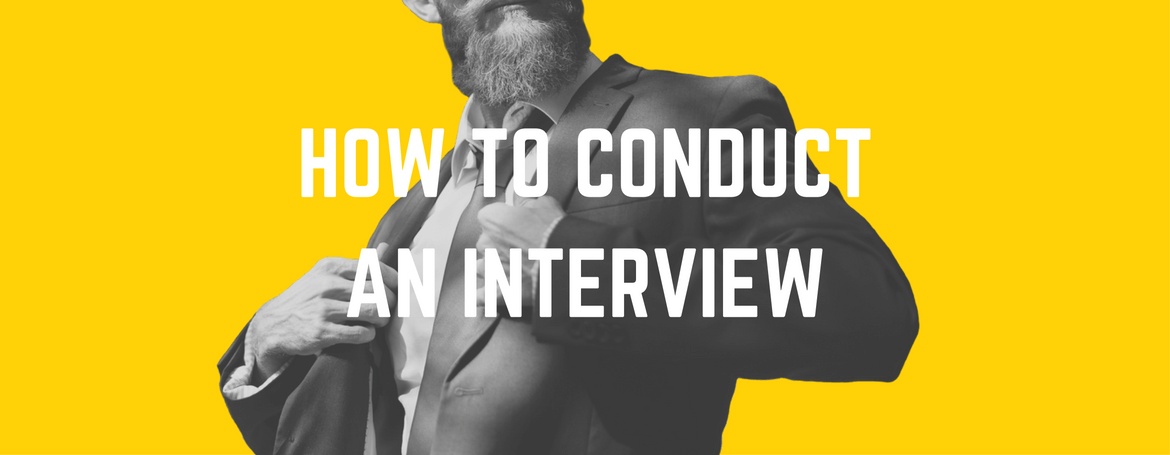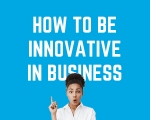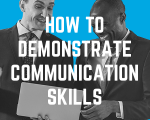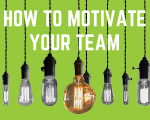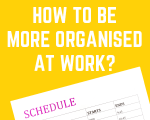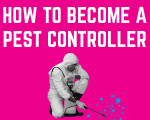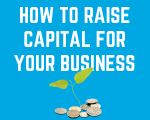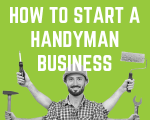How to Conduct an Interview
What questions to ask when conducting a job interview? October 23, 2017In a previous blog post, we talked about how to prepare yourself for an interview from the viewpoint of a candidate. This time we’ll talk about how to conduct an interview to find out if a candidate will be suitable for an employee. This simple guide will show you how to prepare for it. It is one of the things business owners and managers should be able to do. It has to be well-planned and structured. The hiring process is a tough task, and you can imagine any mistakes made in the beginning, could get catastrophic results in the future. You can derive crucial information about the candidate from a properly executed employment interview.
The two most important steps of the hiring process are:
- Preparation. Preparing for a job interview isn’t something only the candidates should do. The interviewer has a lot of tasks to check off before meeting up with the applicant.
- Structure. A well-structured interview is an effective one. It takes around 30 minutes to execute, and at the end of it, you’ll have all the information you need.
Here are the steps of holding a basic job interview.
Read and Update the Job Description
Everybody who’s conducting an interview should be familiar with the job description. You should be able to answer with detail any question the candidate may have. It also gives you a chance to edit out any outdated or irrelevant information.
Read the Candidate’s Application
Read everything the candidate sent you: CV, cover letter, certificates, licenses, etc. You want to know who you’re meeting and this way you’ll have relevant questions to ask them. You don’t want to be in the position where you ask the candidate something and they tell you they’ve already written it in the CV.
Where to Conduct an Interview
There are several options for that. If you work in an office, setting up a meeting in a conference room is your best choice. If this isn’t possible, holding a meeting at your desk in your office is also an option. Make the setting calm and friendly to relax the candidate. Everybody is at least a little nervous when going to an interview. You want to take the best from the candidate.
The other case is when you don’t have a physical location where you can meet the candidate. In this case, you can set up a meeting in a cafe. Cafes have become a common meeting spot and there are lots of different options to choose from. They provide the calm environment you need while still being a good choice for work-related meetings.
When sitting down position yourself against the candidate or at 90 degrees. If there are two interviewers, they have to sit down next to each other. Otherwise, there’s a high possibility for the candidate to start feeling anxious. Also, it is hard to choose who to look at, resulting in one of the interviewers being ignored. So to avoid this sit down first and invite the candidate to sit down on the free seat.
What Questions to Ask When Conducting an Interview
This might be the hardest part of the whole interview. Asking the right questions can tell you a lot about the candidate and you can make a well thought-out decision. Job interviews usually consist of the following questions:
- Tell me more about yourself.
- How did you hear about the job?
- What do you know about the company?
- Have you worked on this or similar position?
- Why did you leave your last job?
- How did you contribute to your team?
- How did you resolve the last conflict you had with a client?
- How did you resolve the last conflict you had with a colleague?
- Do you have any questions?
- What salary do you expect?
But it’s also very hard to prepare questions, that will be appropriate for every single interview. It’s easy to give you a template of questions but there’s a lot more about an interview than that. We want to give you real advice, which you can apply for every job position, in every company. So here are guidelines which you can use to come up with the right questions for you and your candidate.
- Think of 3 key features you want to know about your candidate. E.g. you want to know if the candidate is proactive, a team player and if they can multitask.
- When you meet be welcoming and ask if they need anything – water, coffee.
- Ask for a permission to write down notes. This makes a good impression and they won’t get (that) distracted when you write something down. Setting this aside from the start will help you
- make a relaxed environment.
- Tell the candidate what’s the plan for the interview. Tell them they can ask any questions at the end of the interview.
- Let the candidate tell you about them. If they say everything is already in the CV tell them even though you’ve read it, you want to hear it in their words.
- While they’re speaking you can prepare the next question to ask.
- Your questions should be connected with the candidate’s answers.
- Avoid questions with “Yes/No” answers. If you must ask such, ask them between questions with open answers.
- Ask what salary do they expect at the end of the interview.
How Not to Conduct an Interview
Almost every candidate will be eager to know more. Often times, they’ll ask questions while you’re interviewing them. That might become a problem as you won’t have time to think what to ask them next. Remember you’re the interviewer, don’t switch roles with the candidate. If they start asking a lot of questions during the interview politely say they’ll have time to do so at the end. Be the one leading the interview.
Additional Tips
An initial interview should last around 30 minutes. This should be enough time to see if the candidate is suitable or not. If you need to, appoint a second one (for example, with a task). In the end, tell them when they should expect an answer.
Just remember – stay calm, be welcoming, be prepared. If you follow this guide you will be a master of interviews in no time.
We’ll write another blog post on holding a STAR interview, so stay tuned.
